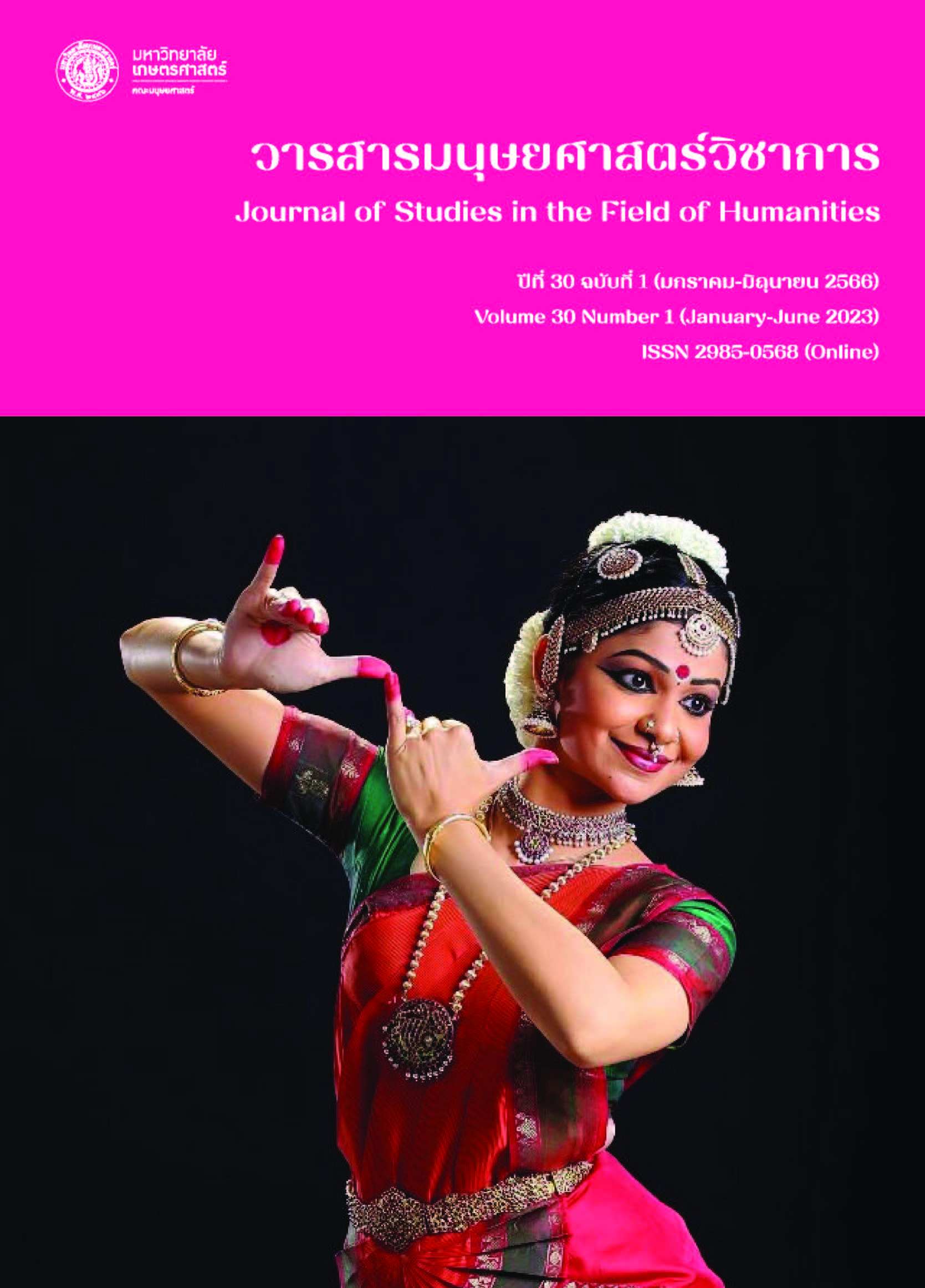English-Speaking Problems and Solutions: A Case Study of Thai EFL Interns in Hospitality and Tourism Industry
Main Article Content
Abstract
This paper aims to study English-speaking problems/ obstacles of Thai EFL interns in the hospitality and tourism industry and to explore interns’ solutions to problems in developing English-speaking skills for future careers. The samples were 146 graduates from a public university in Chonburi province, Thailand. They were required to attend a 12-week internship program in premier hotels, travel agencies, airlines, or in the field of MICE (Meeting, Incentive, Convention, and Exhibition Centers) to get real-world experience before graduation. The instruments utilized in this study were questionnaires and structured-interview questionnaires. The data were analyzed using descriptive statistics (percentage, mean, standard deviation (S.D.), T-test (One-way ANOVA), F-Test as well as content analysis. The results revealed that English speaking was required of the interns in the four main fields of the service industry (i.e., hotels, travel agencies/ tour operators, airlines, and MICE business). The interns in each field had English-speaking problems at a moderate level; the major problematic issues were lack of vocabulary (or an inability to think of appropriate vocabulary) and feeling wary about making grammatical mistakes. Interestingly, these obstacles affect interns’ English-speaking competence. Solutions to overcome English-speaking difficulties were discussed in the study. The findings of this study can shed light for students and novice staff on how to improve English-speaking skills before entering the industry. Moreover, the study will be beneficial for instructors when implementing ESP pedagogies as well as designing courses and as curriculum.
Article Details

This work is licensed under a Creative Commons Attribution-NonCommercial-NoDerivatives 4.0 International License.
References
ASEAN Secretariat. (2008). ASEAN Economic Community Blueprint 2008-2015. Jakarta: ASEAN Secretariat.
Breier, M., Kallumenzer, A., Clauss, T., Gast, J., Kraus, S., & Tiberius, V. (2021). The role of business model innovation in the hospitality industry during the COVID-19 crisis. International Journal of Hospitality Management, 92, 102723. Retrieved June 16, 2018, from https://doi.org/10.1016/j.ijhm.2020.102723.
Chalardsit, O. (2007). Problems, causes, and proposed solutions in using English in the workplace of Thai engineers in the automobile industry promoted by BOI in the eastern industrial estates. (Doctoral dissertation). Burapha University, Thailand.
Damnet, A. (2018). Effects of English language learning through contemporary English language films on development of students’ English grammar and sentence analysis skills, Faculty of Liberal Arts and Science, Kasetsart University, Kamphaeng Saen Campus. Veridian E-Journal, Silpakorn University, 11(1), 3189-3029. Retrieved March 25, 2019, from https://www.tci-thaijo.org/index.php/Veridian-E-Journal/article/view/125341/94959.
Education Division, Kasetsart University, Sriracha Campus (2018). List of 2018 graduates. Retrieved July 13, 2018, from https://reg1.src.ku.ac.th/stu_end.html#A.
Faculty of Management Sciences Board Committee. (2018). ‘Item 3: Employers satisfaction on the performance of the interns’. In Minute of the 5th/2018 board meeting of the Faculty of Management Sciences 28 May 2018. Kasetsart University, Sriracha Campus: Board Meeting Room.
Khot-Hanam, T., & Boriboon, P. (2016). The development of English learning activities by using movie clips to enhance listening and speaking abilities for Mathayom Suksa 5 students. Journal of Curriculum and Instruction, Sakon Nakorn Rajabhat University, 8(23), 39-48.
MacCarthy, M. (1990). Vocabulary. Oxford: Oxford University Press.
Muangmood, V., Thanarak, P., Srithong, P., Tungtipakorn, A., Burinwattana, A., & Srisawat, W. (2005). Factors Effecting Entering Students’ Ability to Speak English at Rajamangala University of Technology Suvarnabhumi Phranakhon Si Ayutthaya, Wasukri Campus. (Institute Research). Rajamangala University of Technology Suvarnabhumi Phranakhon Si Ayutthaya, Wasukri Campus, Thailand.
Pongpanich, N. (2011). A study of problems in English speaking in speech communication of Management Sciences Students, Kasetsart University, Sriracha Campus: October 2007 to September 2008. Humanities Journal, Kasetsart University, 18(1), 85-97.
Riensumettharadol, M. (2019). An effectiveness of out-of-class instructional media integrated songs to enhance vocabulary knowledge of EFL university students. International Journals of Arts and Sciences, 12(1), 147-164. Retrieved June 6, 2021, from http://www.universitypublications.net/ijas/1201/pdf/H9V241.pdf.
Ritthirat, N., & Chiramanee, T. (2014). Problems and obstacles to developing English speaking skill of Thai university students. Proceedings of the 15th Graduate Research Conferences, 2839-2848. Retrieved December 15, 2018, from https://gsbooks.gs.kku.ac.th/57/grc15/files/hmp39.pdf.
Scarcella, R. C., & Oxford, R. L. (1992). The Tapestry of language learning: The individual in the communicative classroom. Boston, MA: Heinle & Heinle.
Thailand Board of Investment. (2017). Opportunity Thailand innovation-driven economy. Retrieved March 29, 2018, from https://www.boi.go.th/upload/content/BOI-brochure_2017-opportunity_thailand-EN-20170210_30843.pdf.
Walters, J., & Bozkurt, N. (2009). The effects of keeping vocabulary notebooks on vocabulary acquisition. Language Teaching Research, 13(4), 403-423. Retrieved April 28, 2021, from https://doi.org/10.1177/1362168809341509.
Zoubi, S. (2018). The impact of exposure to English language on language acquisition. Journal of Applied Linguistic and Language Research, 5(4), 151-162. Retrieved May 30, 2021, from https://www.jallr.com/index.php/JALLR/article/view/851/pdf851.


